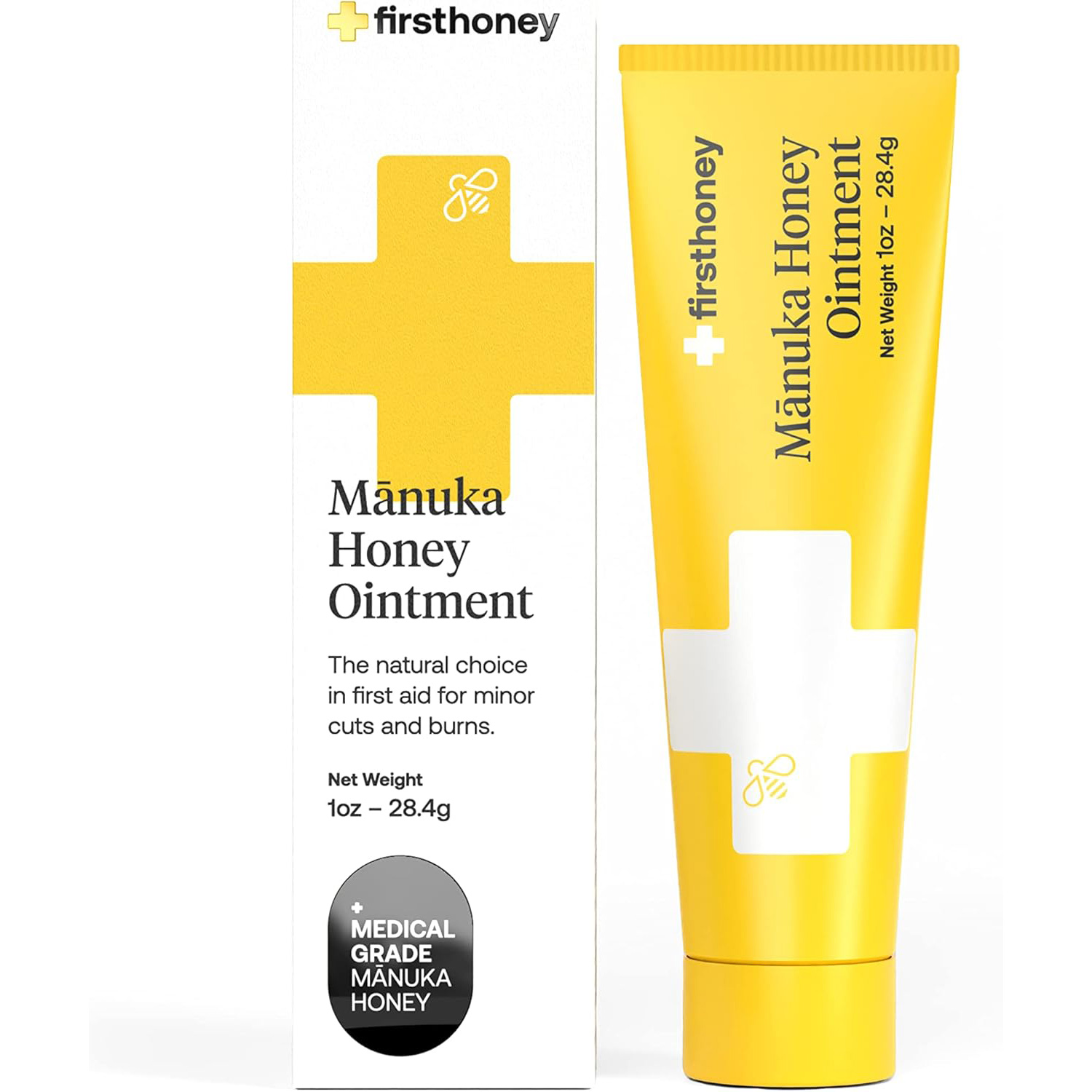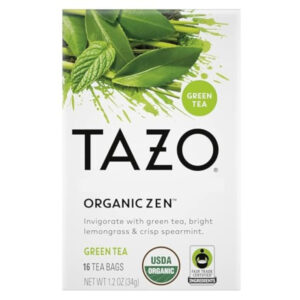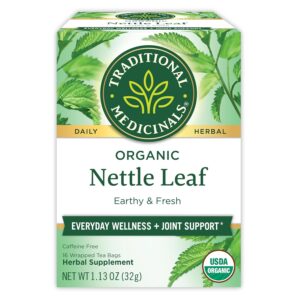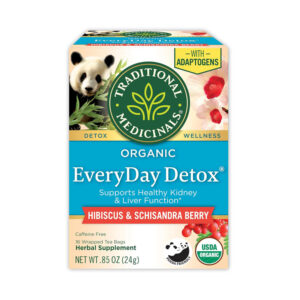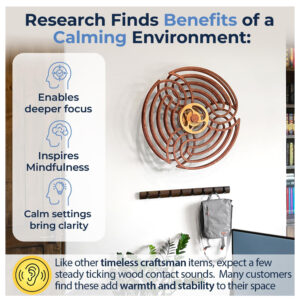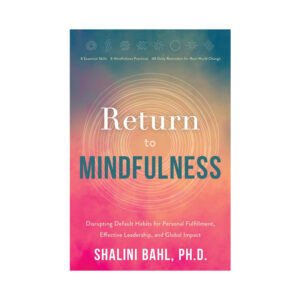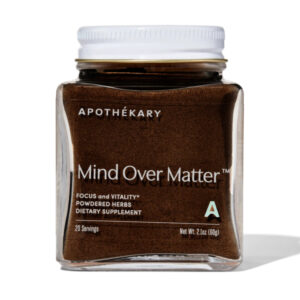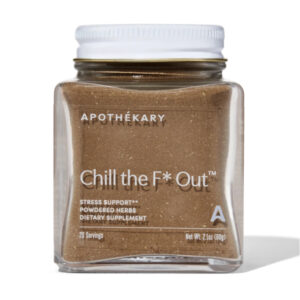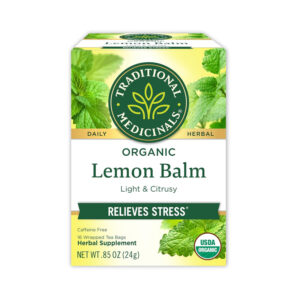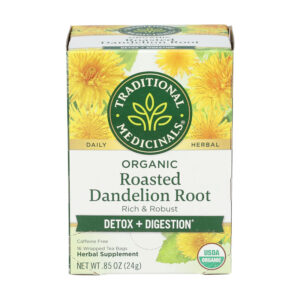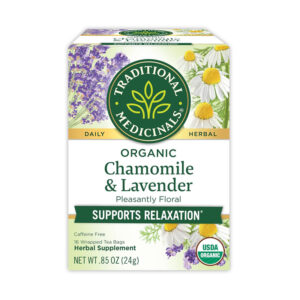
Healing with Honey

Healing With Honey
When it comes to wound care, many of us instinctively reach for traditional bandages and ointments. But what if there was a more natural, effective way to protect and heal your skin? Enter Manuka Honey Bandaids by First Honey—a game-changer in natural healing!
Manuka Honey Bandaids: Nature’s Perfect Healing Solution ??
Infused with the power of Manuka honey, these innovative bandages not only cover your cuts and scrapes but also actively promote faster, cleaner healing. Plus, First Honey offers a whole product line of wound and skincare solutions featuring the healing properties of Manuka honey! Let’s explore why these bandaids should be a staple in your natural first-aid kit.
? Shop Manuka Honey Bandaids here: https://amzn.to/3CB8c6d
What Makes Manuka Honey So Special?
Manuka honey, sourced from the nectar of the Manuka tree in New Zealand, is famous for its powerful antibacterial, anti-inflammatory, and wound-healing properties. Unlike regular honey, Manuka honey contains a special compound called methylglyoxal (MGO), which gives it unique medicinal benefits.
Studies have shown that Manuka honey can:
✅ Kill bacteria & prevent infection ?
✅ Reduce inflammation & swelling ?
✅ Promote faster wound healing ?
✅ Soothe & hydrate the skin ?
Why Choose First Honey Manuka Honey Bandaids?
Traditional bandages only cover wounds, but First Honey’s Manuka Honey Bandaids actively aid in the healing process. Here’s how:
✨ Natural Antibacterial Protection – No harsh chemicals needed! The honey’s antibacterial properties help keep wounds clean and free from infection.
✨ Faster Healing & Reduced Scarring – The natural enzymes in Manuka honey boost skin regeneration, helping cuts heal quickly and with less scarring.
✨ Gentle on Sensitive Skin – Manuka Honey Bandaids are perfect for those with sensitive skin, as they soothe irritation and provide moisture without causing dryness or allergic reactions.
✨ Eco-Friendly & Sustainable – Many of First Honey’s products are made with biodegradable materials, making them a great earth-friendly alternative to synthetic bandages. ?♻️
More Than Just Bandaids – Explore First Honey’s Full Product Line!
First Honey doesn’t just stop at bandaids! They offer an entire line of wound and skincare products, all infused with the healing power of Manuka honey. Some of their must-have products include:
? Manuka Honey Wound Gel – A natural alternative to antibiotic ointments
? Manuka Honey Burn Cream – Soothes and protects burns with gentle healing
? Manuka Honey Skin Therapy Cream – Perfect for dry, irritated, or sensitive skin
? Check out the full First Honey collection here: https://amzn.to/3CB8c6d
How to Use Manuka Honey Bandaids
Using them is just as simple as regular bandaids:
1️⃣ Clean the wound with mild soap and water.
2️⃣ Apply the bandaid, making sure the honey-infused pad covers the wound completely.
3️⃣ Replace as needed, usually every 24 hours, or when the bandage becomes wet or dirty.
Final Thoughts
Nature has always provided us with powerful remedies, and Manuka honey is one of its greatest gifts. With First Honey’s Manuka Honey Bandaids, you can experience effective, chemical-free wound care while embracing the power of natural healing. ?
Perfect for the Whole Family!
Join Our Facebook Group
Disclaimer: We are an affiliate of many companies, which means that we may receive a commission if you click on our affiliate link and make a purchase. However, this does not affect our reviews and comparisons. We strive to provide honest opinions and recommendations based on our own experiences and research. Any product claim, statistic, quote, or other representation about a product or service should be verified with the manufacturer, provider, or party in question.



